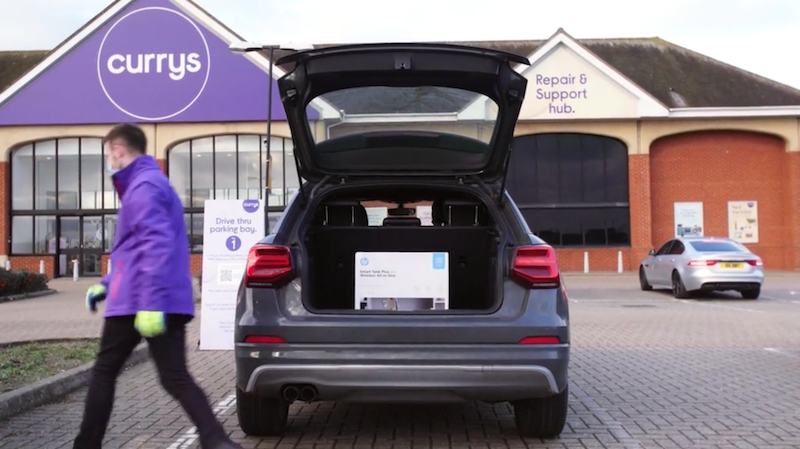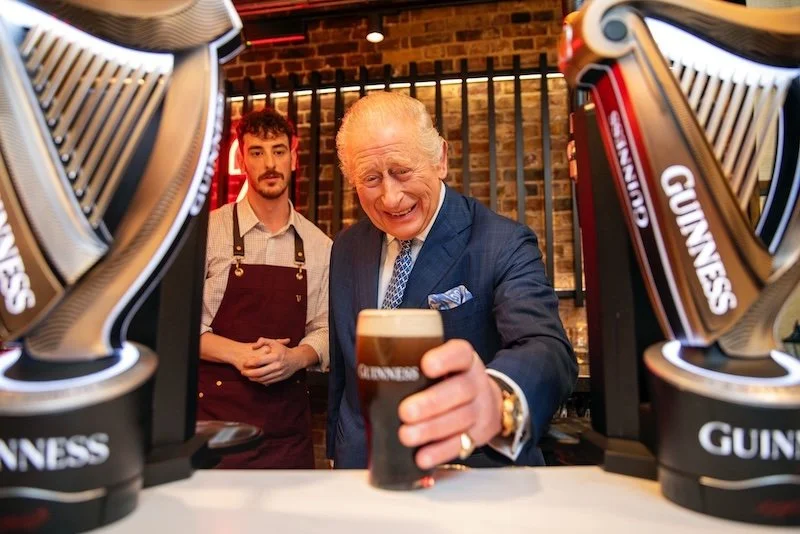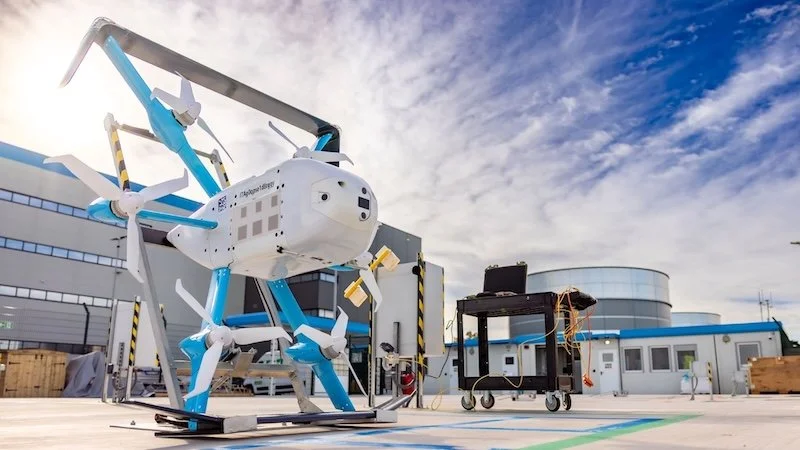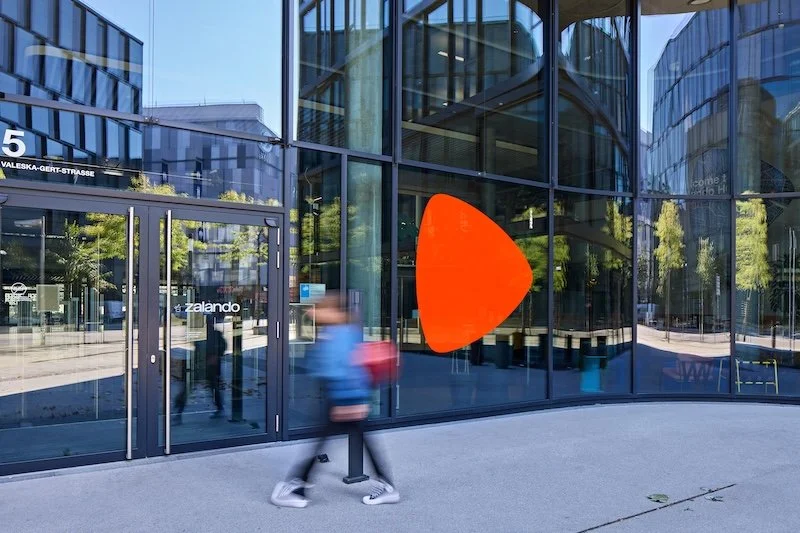Future trends in loyalty programmes: the role of advanced technology and personalisation
Loyalty programmes have changed from simple point systems to offering special perks and even emotional ties with brands over the years. They appeal to people's natural need for recognition and appreciation, which makes them more likely to connect deeply with brands.
These programmes constantly change as digital technology improves. They offer more advanced ways to find, keep and understand clients in an evolving economy. Discover how sophisticated technology can be used to tailor loyalty programmes for customers in the future.

Use of gamification
Gamification is crucial to modern reward programs because it makes collecting points more pleasurable and captivating.
For example, Nike's NikePlus programme uses game like elements by connecting with fitness apps and having users gain points through workouts and challenges. This gets people interested in the brand and works with the company's image of being fitness focused.
The concept of gamification is common in the online gambling space, with sports betting sites and online casinos using it to operate their loyalty and rewards programmes. These sites reward points and loyalty tiers to players actively placing wagers.
For instance, operators offering casino betting typically rank their users in different tiers and award them points for participating in website events or competitions.
The users also advance in levels as they progress. It's similar in the online sports betting scene as a sportsbook featuring NFL betting can offer fans loyalty rewards and special offers, particularly during the NFL season.

Artificial intelligence (AI)
Smart computers are changing how companies collect and use information about their customers, to make customised presents that engage with their audience.
AI can create rewards and activities ideal for each customer by looking at their past purchases, how they redeem their rewards, and even how they explore the website.
E-commerce sites like Amazon use artificial intelligence to suggest items based on purchases and views. This makes shopping more enjoyable and brings in more sales.
Music streaming services like Spotify use AI to analyse user listening patterns and suggest mixes that suit their preferences. This amount of personalisation shows that a brand cares about comprehending and addressing each customer's specific wants, which makes them cheerful and loyal.
Smooth omnichannel experiences
Artificial intelligence (AI) is crucial in developing omnichannel loyalty programmes that allow customers to participate consistently across different touchpoints. Due to this connection, customers can have a pleasant shopping experience whether they purchase items online, in person, or through mobile apps.
An omnichannel strategy may use AI to ensure that the mobile application, in-store devices and website all offer the same experience.
An example is Starbucks, which uses AI powered technology to remember user preferences, like favourite beverages and most visited destinations and provides recommendations and offers irrespective of the channel utilised. AI powered robots and virtual assistants also offer immediate help across all channels.
This data can make marketing plans more effective and enhance products and customer interactions.
An era of AI inspired rewards
Recent technological advances are paving the way for significant developments in the future of loyalty systems.
An era of unique rewards and interactions will emerge with the advent of personalisation, made possible by machine learning and artificial intelligence. Augmented reality can also contribute to making reward experiences enjoyable.






























Continue reading…